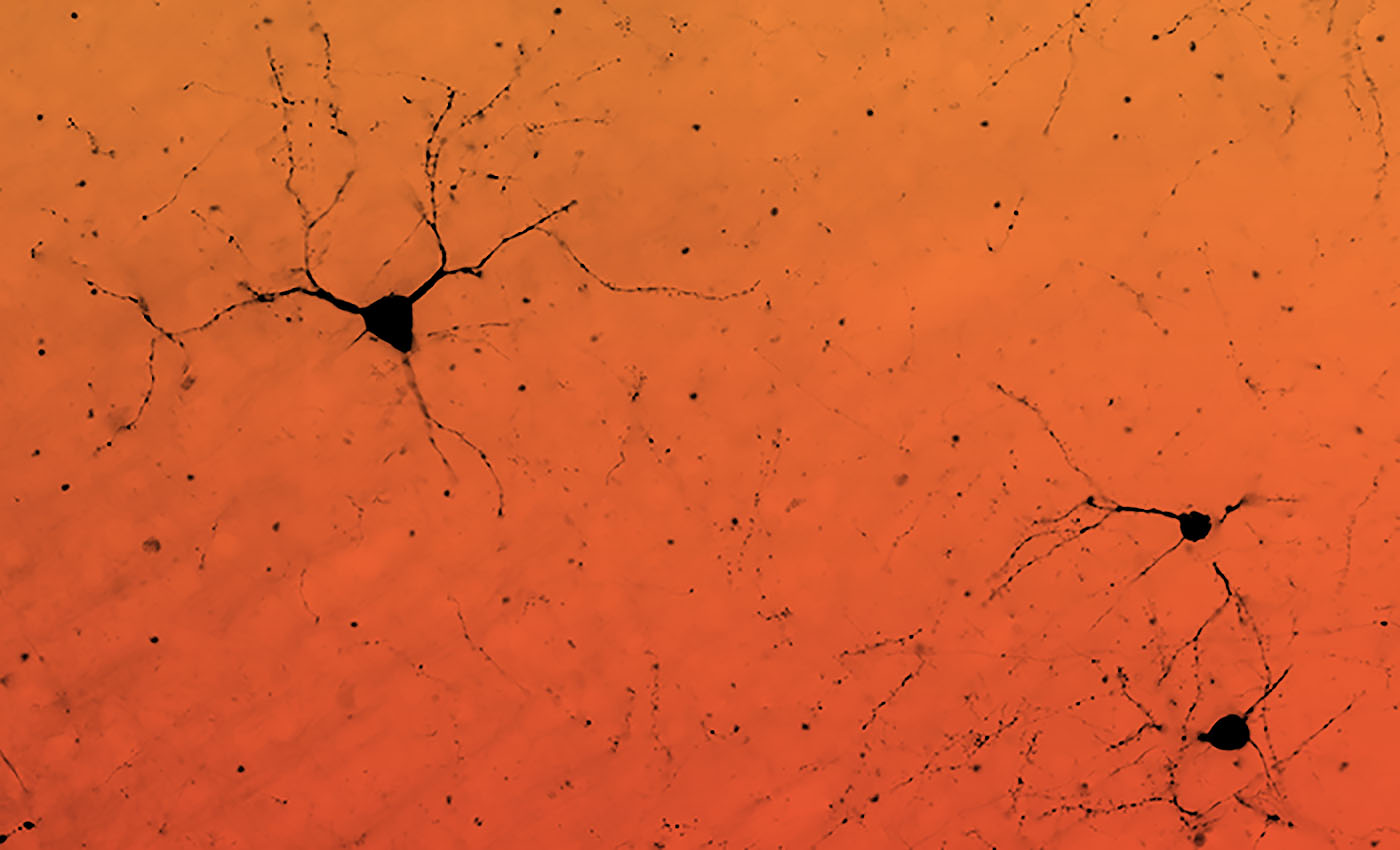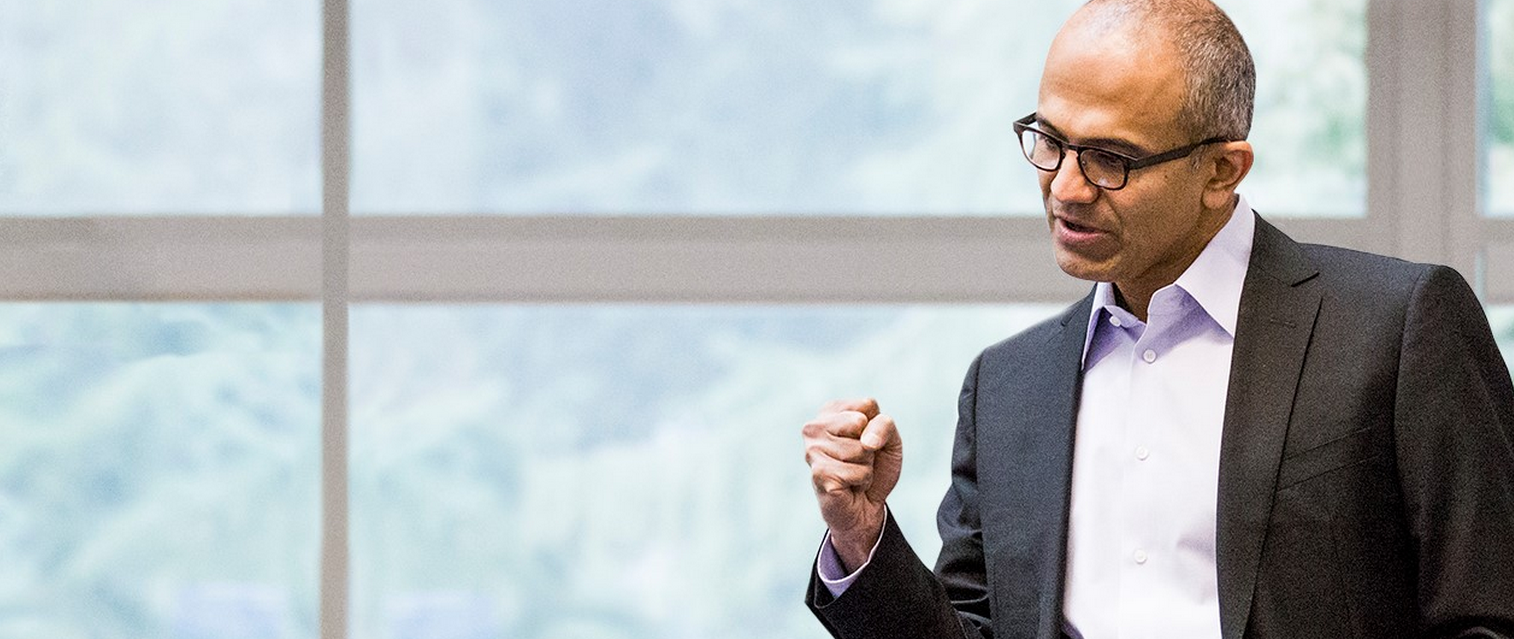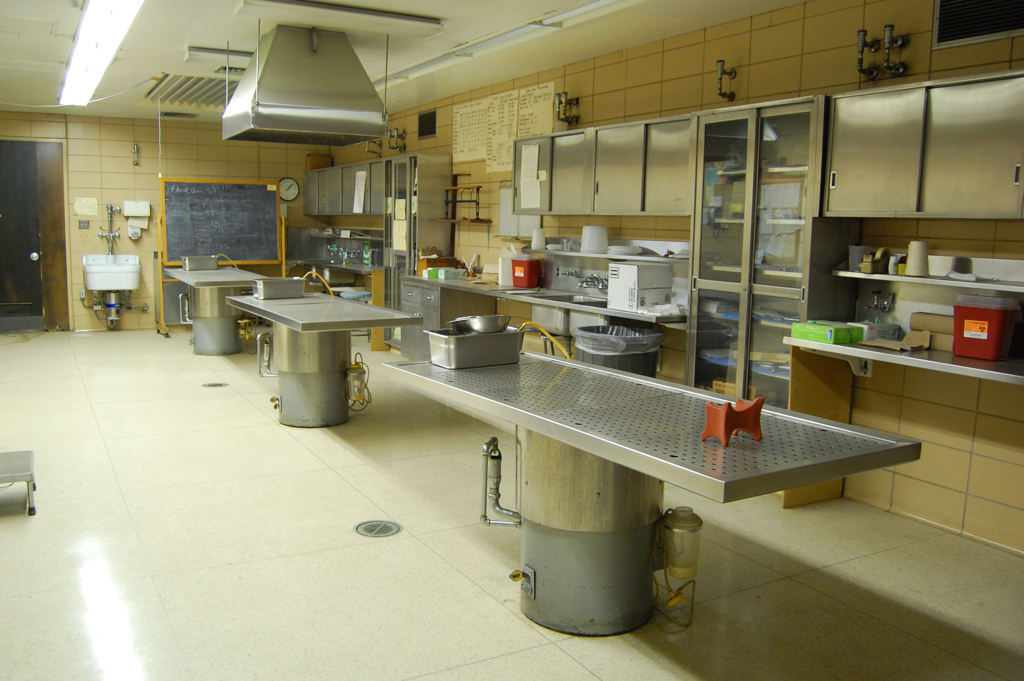Thanks to Karen E. Watkins (University of Georgia) and Maya Drobnjak (Australian Army).
Reda Sadki

Two parallel lines look like they eventually converge at the horizon. Technology’s chase for digital convergence, say between television and the Internet, raises interesting questions of its own, starting with what happens at the ‘vanishing point’ – and how to get there. How about publishing and learning? Semantico has a blog post based on John Helmer’s lively chat with Toby Green, OECD’s head of publishing, and myself.

By John Helmer We’re in a world where people don’t really understand what they want until you put it in front of them,’ says Toby Green Head of Publishing at OECD. He’s talking about the challenge of creating new digital products in a technology landscape that is changing very quickly (with no end to the ‘technology treadmill’ in sight) and where market research is of limited value;

“We want to talk about science as a certain kind of ‘knowing’. Specifically, we want to use it to name those deeper forms of knowing that are the purpose of education. Science in this broader sense consists of things you do to know that are premeditated, things you set out to know in a carefully considered way.

Incoming CEO Satya Nadella places enhanced learning capability at the top of Microsoft’s priorities, right after its customers: This statement reads to me like a subtle balance of power between HR-driven approaches (job mobility) and new ways of doing new things in a knowledge-driven company (never mind that the word ‘knowledge’ does not appear in the message). Some very savvy folks at Microsoft have already, for example, mainstreamed

As learning leaders, we share a personal passion and commitment to solving wicked problems. We recognize that no one organization can solve these problems alone. We use our talent to advocate for new ways of doing new things, both inside and outside our structures. We see continual learning as the key to preparedness in a hyper-connected VUCA world.

How many people do you need to recruit ten thousand learners? The preliminary questions are: is there an established network of learners? This requires that learners are connected to each other, and not simply end nodes in a pyramidal structure. And, do you have access to the network? These questions may be answered empirically. Publish your course. Build it and they may come – through the network.

Knowledge management has met its timely demise. No matter how sophisticated or agile, knowledge management (or “KM”) remains fundamentally embedded in a container view of knowledge.

Ein Fehler ist aufgetreten. Sieh dir dieses Video auf www.youtube.com an oder aktiviere JavaScript, falls es in deinem Browser deaktiviert sein sollte. We went up the Semnoz this afternoon, taking our two-and-a-half year old baby on a no-pram-allowed walk for the first time.

In three years, the World Bank’s e-Institute enrolled 50,000 learners through small, tutor-led online courses and webinars. Its first MOOC, run on Coursera’s platform for four weeks, reached 19,500.

In our studies, we found that every flow activity, whether it involved competition, chance, or any other dimension of experience, had this in common: It provided a sense of discovery, a creative feeling of transporting the person into a new reality. It pushed the person to higher levels of performance, and led to previously undreamed-of states of consciousness. In short, it transformed the self by making it more complex.